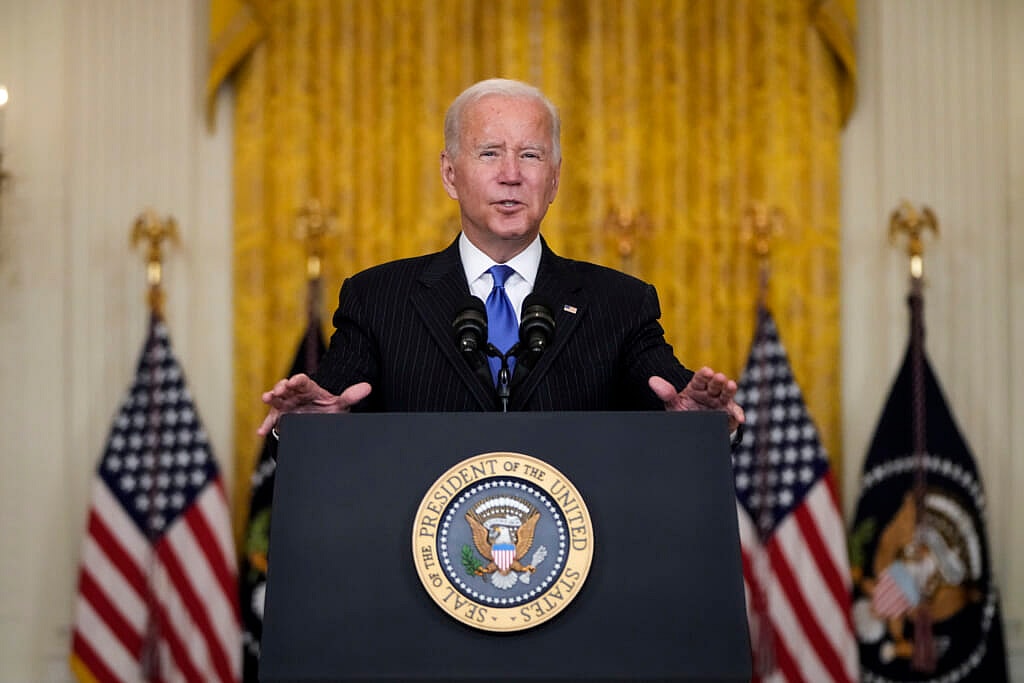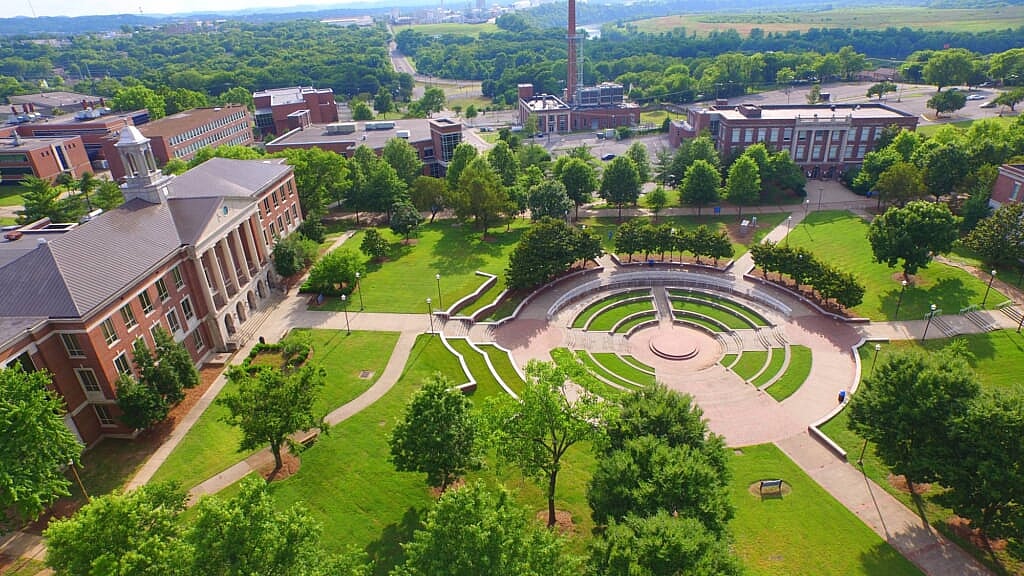The Biden administration is actively refuting misinformation circulating about the president’s financial commitment to Historically Black Colleges and Universities (HBCUs).
Recent reports and social media posts falsely conflated the White House’s commitment to HBCU funding and Congress slashing tens of billions of dollars from President Joe Biden‘s proposed budget.

President Biden offered up $45 billion for the nation’s 101 HBCUs. If it were to be approved by Congress, it would be the highest amount ever allotted to Black colleges and universities. However, the wrangling over the final budget numbers continues to shift the president’s Build Back Better plan and money he wants for federal programs.
As negotiations persist, the Build Back Better Act is expected to be shaved from $3.5 trillion to $2 trillion. That could impact various budget items including HBCU funding. In the past, when cuts were made programs impacting minorities in America were typically the first to get the budget axe.
Part of the sustained effort for increased federal agency engagement aims to expand the research and scholarship capacity for HBCU faculty and students nationwide. The goal is to move 35 research HBCUs into the top R-1 research status compared to their current R2 status. Congressional leaders are trying to distinguish HBCUs from other minority serving institutions, which stand on stronger footing in some cases, as an effort to allow HBCUs to bid for funding amongst themselves.
Digging deeper inside President Biden’s fiscal proposal for HBCUs, there is money earmarked for Pell grants. About three quarters of HBCU students receive the subsidy. Dr. Glenda Glover, President of Tennessee State University said, “if a family makes less than $125,000 a year … they get a tuition subsidy.”
She reflected on her own student body, who heavily rely on Pell grants, admitting, “I don’t have many students with family income[s] over $250,000.”

Democratic Congresswoman Alma Adams of North Carolina told TheGrio that the president’s plan calls for $27 billion in tuition assistance and an increase in Pell Grant funding.
In a White House Statement, Dr. Tony Allen, the newly appointed head of the White House HBCU Advisory Board is pushing for “significantly larger allocations of — and more streamlined access to — financial support for students, particularly those from low-resource communities to [graduate] with little debt for themselves and their families.”
In addition to financing student education, the infrastructure of HBCUs is also an imperative for many campuses that are nearly 200 years old with buildings that are still in use, including founding structures. Many of the schools were born after slavery and a few have origins that date back to U.S. enslavement of African people.

Dr. Allen is calling for “a mechanism to correct the historic inequities in the physical infrastructure investments between HBCUs and predominately white Institutions.”
Congresswoman Adams placed infrastructure as the number one issue for HBCUs and wants to see $25 billion in “deferred maintenance” funds for the institutions.
Dr. Glover, of Tennessee State, said infrastructure is an important feature that attracts students. She highlighted that young scholars like the “bling.” They are more compelled to attend and stay in an appealing environment, she noted.
The average HBCU has $80 million in infrastructure maintenance costs, according to Dr. Allen. But, Glover said her university, which has one of the top three largest HBCU campuses in the nation, has an infrastructure maintenance bill of $300 million.
There is also an effort to support smaller HBCUs like Bennett College that have had challenges with maintaining accreditation.
“Sometimes we don’t always remember the great small institutions like Bennett College, who are going to need our kind of support as we move forward here,” Dr. Allen emphasized.
Have you subscribed to TheGrio’s “Dear Culture” podcast? Download our newest episodes now!
TheGrio is now on Apple TV, Amazon Fire and Roku. Download TheGrio.com today!

